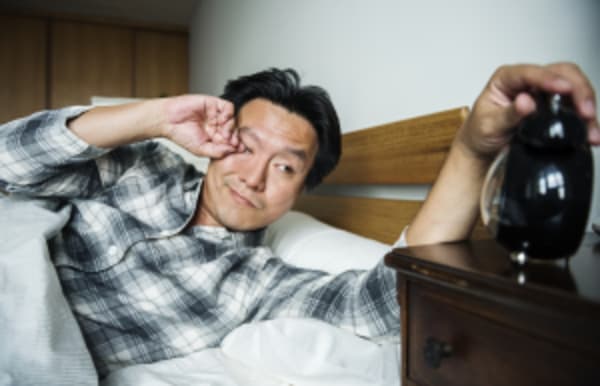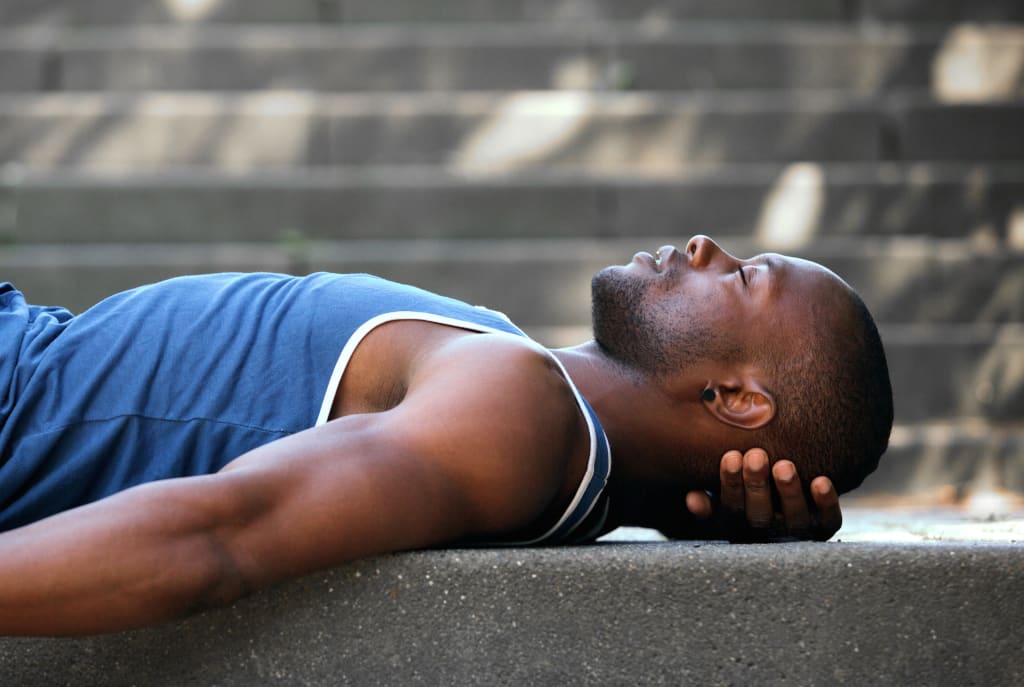Estimated reading time: 4 minutes
Have you ever woken up from a bad night’s sleep and felt incredibly grumpy or in a bad mood? The littlest thing might make you angry, or maybe you are just more irritable in general? Or maybe you are experiencing a string of rough nights, crying more easily and more often. If this has happened to you, you are certainly not alone; there is a link between lack of sleep and our emotions, but why does lack of sleep take such an emotional toll and how serious is it really?
Well, even partial sleep deprivation can cause emotional distress; there was a small study done by the University of Pennsylvania in which participants were only allowed to sleep for 4.5 hours per night for one week. All of these test subjects reported feeling sadder, stressed, angry, and mentally worn out from just one week of poor sleep. Consequently, once these subjects resumed normal sleep habits, their moods also improved.

Sleep deprivation is not just experienced by adults, though. Through a series of studies focusing on the connection between sleep deprivation and anger/aggression, it was found that there was a deep correlation between sleep deprivation and destructive behaviors, but that these behaviors presented slightly differently for different age groups. Adolescent males experiencing sleep deprivation showed more outbursts of anger, while their female counterparts tended to be more sad and experience brain fog, but both adolescent groups reported engaging in “reckless behavior” such as consuming alcohol and smoking.
Younger children experiencing sleep deprivation were reported as having “impulsivity, hyperactivity, tantrum behaviors, and inappropriate social interactions.” We know that young children and teens need plenty of sleep as they develop, and it is obvious that accruing sleep debt affects them greatly.
Unfortunately, for some, it is not always possible to get an adequate amount of sleep. Those experiencing psychiatric or psychological problems tend to struggle with sleep. When someone is dealing with depression or anxiety, they may find it hard to sleep, which may be further exacerbated by their medication. Sadly, this is a downward spiral, as less sleep amplifies these distressing mental states, which will likely lead to another sleepless night, and the cycle continues.
Another group of chronically sleep-deprived people is new parents. Postpartum rage is an often overlooked symptom of postpartum depression/anxiety. As HuffPost shares, there is a link between this upsetting emotion, which many new mothers find uncontrollable, and the sleep deprivation that all new parents are familiar with. As with all depression and anxiety, those experiencing postpartum depression/anxiety will likely struggle to sleep, even when their baby sleeps; again, causing a downward spiral deeper into a depressive state.
Why Is Mood Affected?
There is an undeniable link between getting inadequate sleep and being in a bad mood or feeling uncharacteristically sad, but why? What is the brain science behind this unpleasant, yet all too common, phenomenon?
The answer lies in the limbic system, particularly in the amygdala. The amygdala is the small, almond-shaped emotional center of the brain, and it plays a vital role in the mechanisms of sleep. When someone is experiencing sleep deprivation, there is a communication breakdown between the amygdala and the ventral anterior cingulate cortex which causes the amygdala to have heightened responses to emotional stimuli. The “fight or flight” response is regulated by the amygdala, and when sleep-deprived, your brain is unable to suppress activity in the amygdala, so emotional reactions made while in a sleep-deprived state will be extreme.
Imagine, as an example, that you find your child coloring on the walls. When you are sleep deprived, your brain may tell you that this is a threat and you react with extreme anger, when in actuality this is simply a learning opportunity for your child, albeit quite a pain in the rear end for you to clean up.
Furthermore, when you are sleep deprived, you skip past the rapid eye movement (REM) sleep into a deep sleep. In doing so, your body is trying to recuperate the sleep it’s lost, but the problem is that it’s during REM sleep that your brain is active, building connections and making repairs. So with prolonged shortened REM cycles, your brain may experience altered receptor activity. This leads to (you guessed it) mood alterations such as anger, impulsivity, sadness, and more.
If you are experiencing extreme emotional reactions regularly, you should reflect on both the quality and quantity of sleep you’re getting, or not getting. Getting good sleep is just like any other aspect of a healthy lifestyle; it needs to take priority, and you (and those around you) will benefit greatly. The answer to fixing your mood could simply be going to bed earlier.



